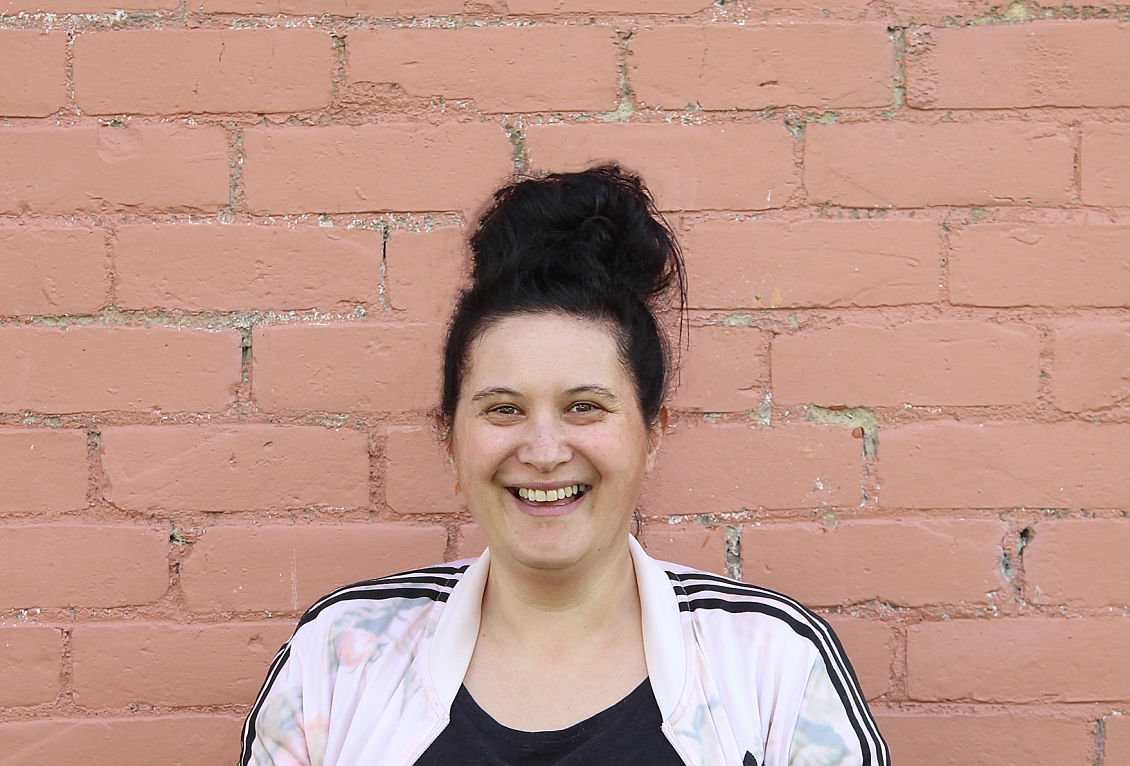Healthier Lives welcomes Justine Camp to its Governance Group and Kāhui Māori
28 September 2020
Photo by: Takiwai Russell-Camp
Justine Camp (Kāi Tahu, Kāti Mamoe, and Waitaha) recently completed a PhD developing a Māori health model for whānau across the lifespan and across generations, the first health model created by Kāi Tahu.
For her PhD, with Brain Research New Zealand, and supervised by University of Otago’s Associate Professor Anne Marie Jackson, she created a whānau health compass in partnership with Master Navigators and with her Hapū from Puketeraki. She continues to work with Brain Research NZ, looking at Māori views on neurological disease and stimulation.
Justine’s career in research includes her Master’s degree which looked at the impact of type 2 diabetes on whānau and she has spent many years as a lecturer at the University of Otago and Otago Polytechnic.
A Better Start
Justine is currently a co-Principal Investigator at another National Science Challenge, A Better Start, working with Professor Rachael Taylor and Dr Rose Richards on a project to create a Māori-led sleep toolkit to aid in the prevention of obesity, mental health-related harm and improving learning outcomes for tamariki and mokopuna.
She also co-supervises two PhD candidates looking at Pasifika sleep perspectives and interventions, as well as a Masters student who is creating a Pacific mental health model for international Pacific rugby players.
Whānau ora and use of Māori data
At A Better Start, Justine also had a role as a Research Fellow focusing on whānau ora, working with Māori communities to ensure that their views around the use of Māori data are part of the research team’s everyday thinking and supporting Māori-led research that involved big data.
While she no longer holds this fellowship, she continues to support Māori-led projects in that Challenge. She says “we have been making good use of the access to the Integrated Data Infrastructure (IDI) that is granted to us for the term of the challenge and partnering with iwi to support their research aspirations.”
Ensuring Māori voice for COVID response and new hospital
Justine has recently been working closely with the Southern DHB helping develop a Māori response for COVID, including a data project to aid recovery. In addition, she is doing research and co-writing the cultural impact assessment for the Dunedin Hospital rebuild.
“This is an exciting opportunity to look at the possibilities for improving Māori health outcomes, and seeing the fulfilment of unfulfilled promises from the signing of the Treaty of Waitangi at Otakou,” she says.
Research aligns
“All my research work is now aligning, the common thread is looking at our traditions and knowlege to re-create it for new contexts, whether that is sleep, new hospitals or whānau ora.”
No matter what Justine does, she does it with her Mokopuna in mind. “I want to do research that improves his life. After all, ask any grandparent and they will tell you the grandkids are the meaning of life.
“I am passionate about community research and ensuring that whānau Māori flourish and benefit, so I am very much looking forward to being a part of the Healthier Lives Governance Group and Kāhui Māori.” Justine says.
Ki kā kairakahau e whakanui ana e whakapiki ake te hauora o kā tamariki, mokopuna o Aotearoa nei, tēnei te mihi maioha ki a tātou.
He waka eke noa.


